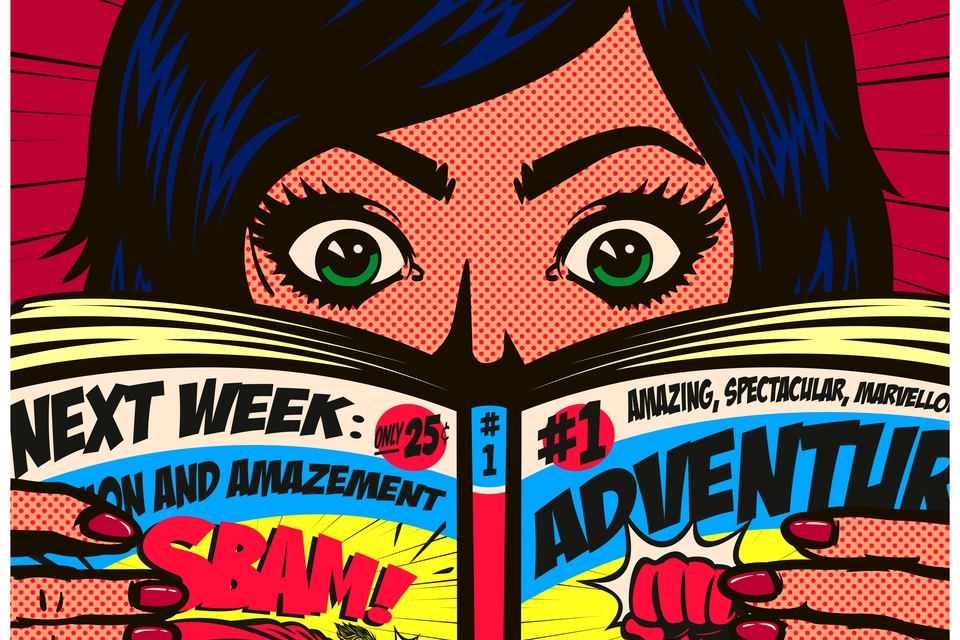Now that he’s finished his run at Marvel pitting his wits against Earth’s Mightiest Heroes, Jonathan Hickman is busy devoting himself to his new series published by Image called Frontier. He’ll not content himself with merely writing a space opera– Hickman will also take care of the art in his first solo project since The Nightly News and Pax Romana.
Frontier, in Hickman’s words, is like “Star Trek, but super depressing.” Instead of humanity leading the charge of civility and enlightenment in a progressive (military) alliance, Frontier sees humanity on the other side of the galactic train tracks as a persona non grata in the cosmic community.
For humans, the Frontier universe looks pretty bleak. Deemed violent and pugnacious, humanity is ousted from a utopic intergalactic alliance. Aside from the shame of being cast out of paradise, no intergalactic alliance membership means no perks like faster than light travel.
Instead of the leaders of the Federation, humanity looks more like a Federation outpost. Confined to our solar system and with limited resources, humans do what they does best in the presence of overpopulation and scarce resources: compete. Humanity subsequently descends into chaos. Fratricidal wars break out, and we tear each other apart for what little resources remain.
Just like Great Britain had the idea of alleviating crime in crowded manufacturing cities during the Industrial Revolution by exporting petty criminals to Australia, humanity begins to export its undesirables to the Moon. In the Third Fall of Man, these double pariah prisoners are known as the Accursed.
When the Intergalactic Alliance gets tangled in a conflict of its own, the Accursed go from being rejects to resource, and are trained as mercenaries to fight for the Alliance.
Hickman describes what he wanted to do when he started working on Frontier:
Looking out into Space, the author tries to be optimistic about the future like he was as a kid. From the outside looking in, however, Hickman tries to be realistic in thinking that if an advanced alien civilization happened to pass by Earth, chances are they wouldn’t consider us worth the time.
We’ll have to wait until the 56 page Issue #1 graces shelves this November to see for ourselves.
In the meantime, Hickman’s work revives the idea that if humanity wants to get into space and colonize it successfully, we have to reconcile our biology with our objectives.


















Comments (0)
Most Recent